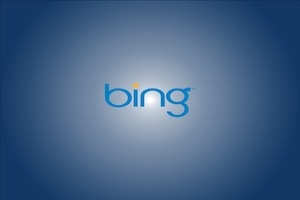 Website owners had better make sure they dot their i’s and cross their t’s, and keep that dictionary close to hand, because if their spelling and grammar aren’t up to scratch, Bing will make sure their search rankings go downhill quicker than an Olympic bobsleigh.
Website owners had better make sure they dot their i’s and cross their t’s, and keep that dictionary close to hand, because if their spelling and grammar aren’t up to scratch, Bing will make sure their search rankings go downhill quicker than an Olympic bobsleigh.
Bing is keen to promote good spelling and grammar by penalising sites that make consistent and frequent mistakes.
Duane Forrester, Senior Product Manager at Bing claims that sites that are full of mistakes should be placed below sites that offer perfect grammar and spelling. He argues that if the reader is faced with constant inaccuracies they are focused on that error, and their consequent judgement and thoughts about the site are clouded by the mistakes they see. Some may even stop reading the piece if mistakes are a common occurrence.
“It is unfair” Mr Forrester claims, “to have pages with poor spelling and grammar ranked above those that offer word perfect content.”
But in this era of fast news and information should the minutiae of grammar be given primary importance? Surely the mark of a good website is the content it produces, regardless of a misplaced apostrophe or a word that the spell checker missed? What about sites written by someone for whom English is a second language, but who has something truly relevant and interesting to offer? Could Bing’s grammar police unfairly jeopardise their attempts to be read and enjoyed?
Google, who currently hold an 88% UK search engine share, has yet to offer an official opinion on the subject, but it’s web spam chief Matt Cutts said that while sites should take responsibility for the quality of their own content, it was not always necessary to correct user comments.
So maybe Bing should look closer to home to make improvements, as they slipped to fifth in the worldwide search engine ranking, as of January 2014. Do we really need a reminder of those scary English teachers breathing down our necks? Or should the Queen’s English once again become a primary concern?


 01263 519749
01263 519749